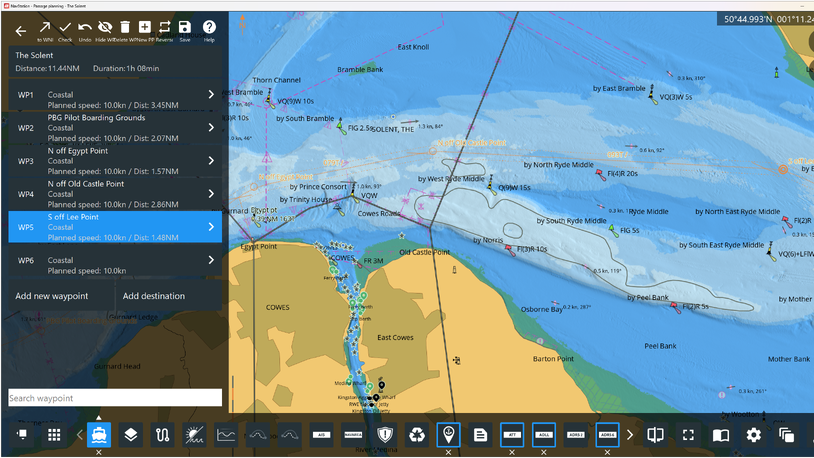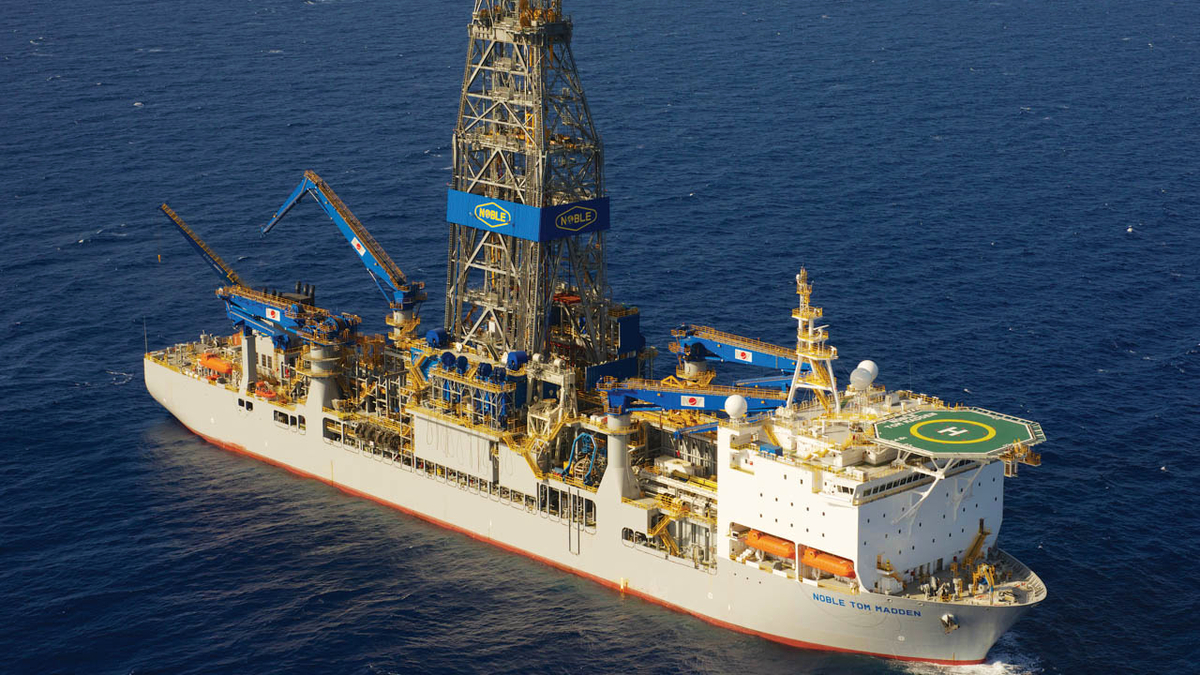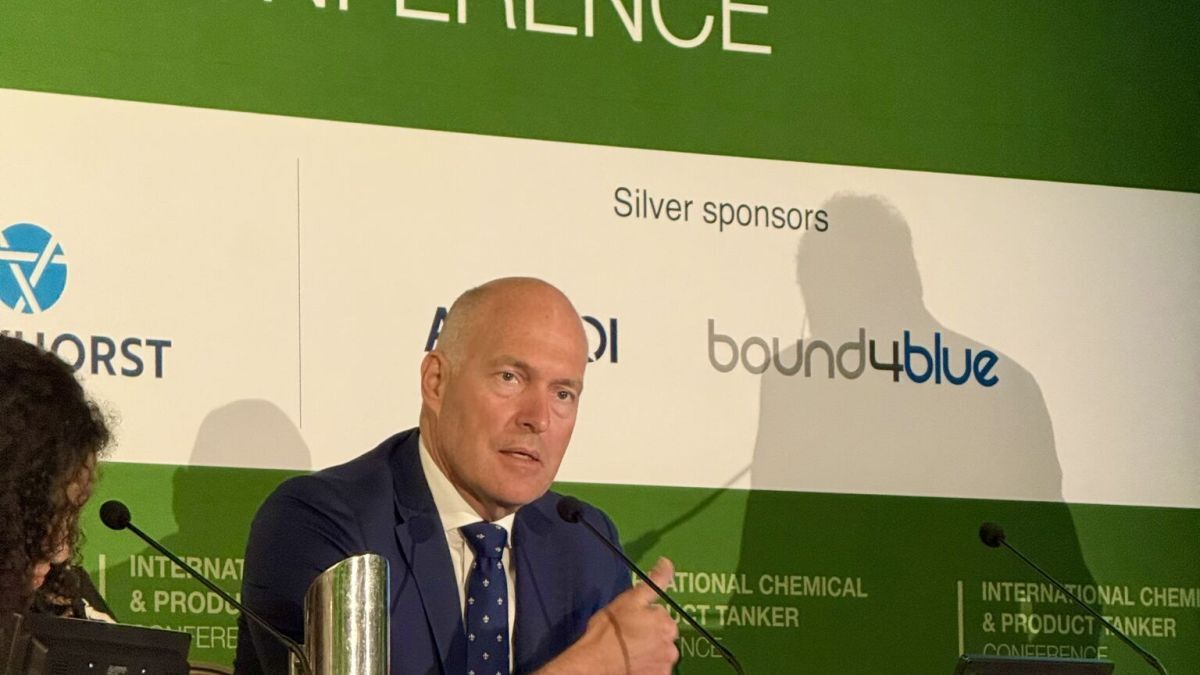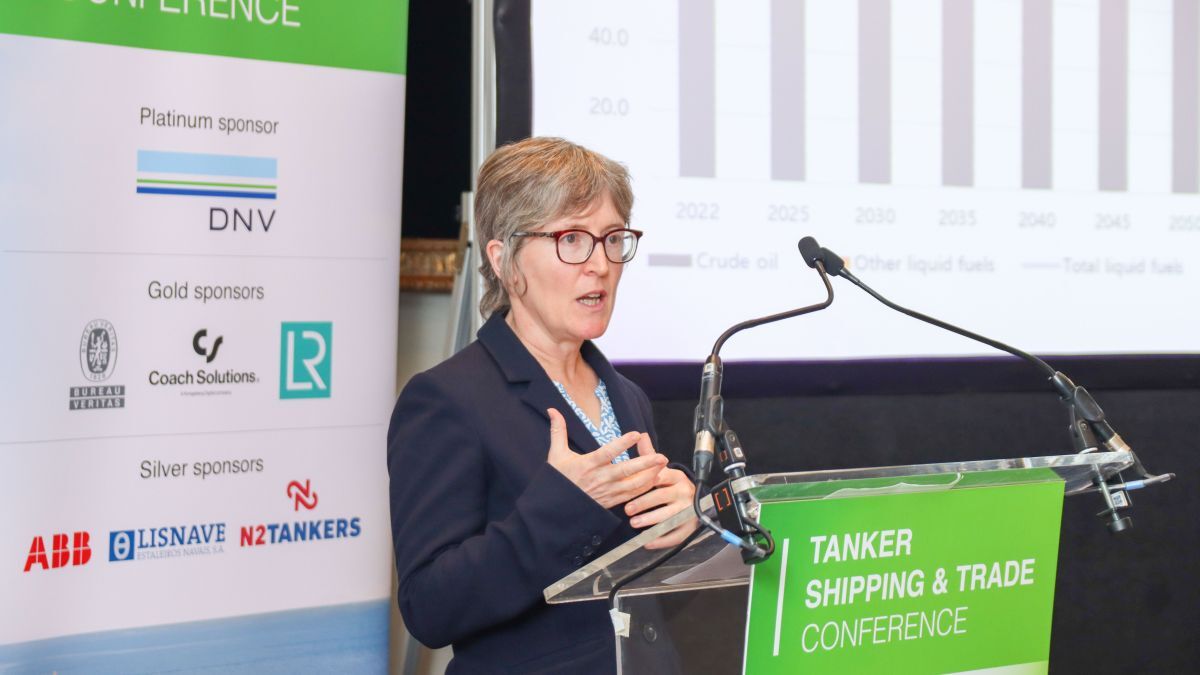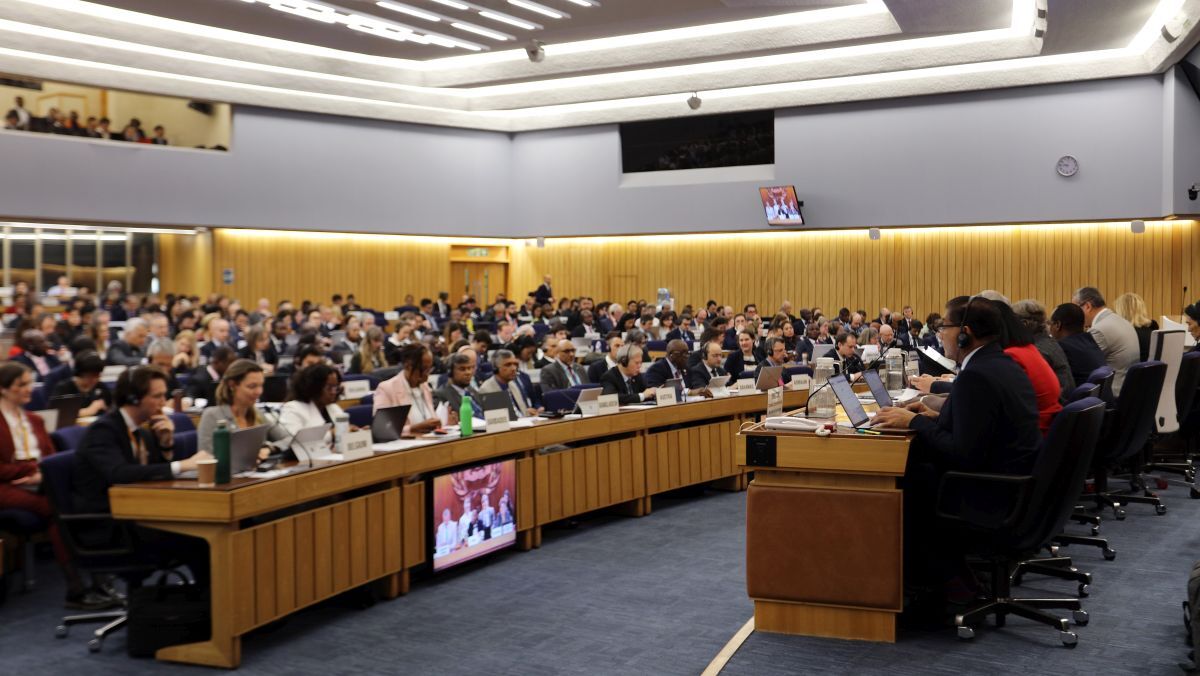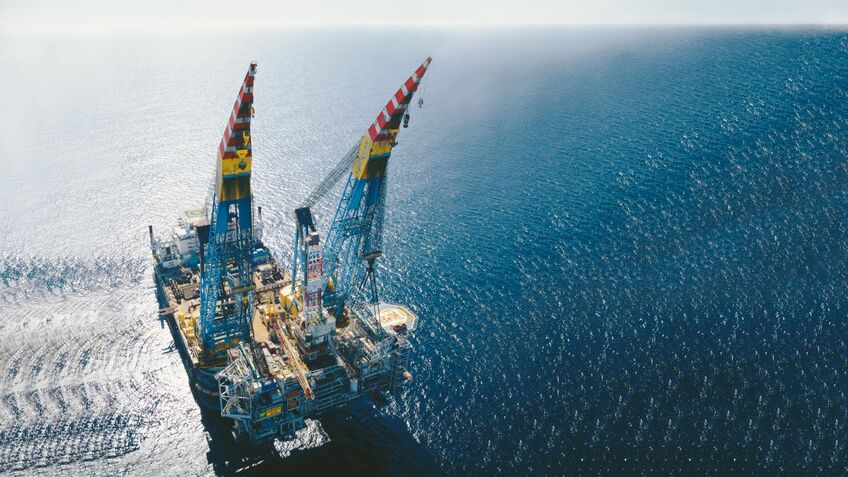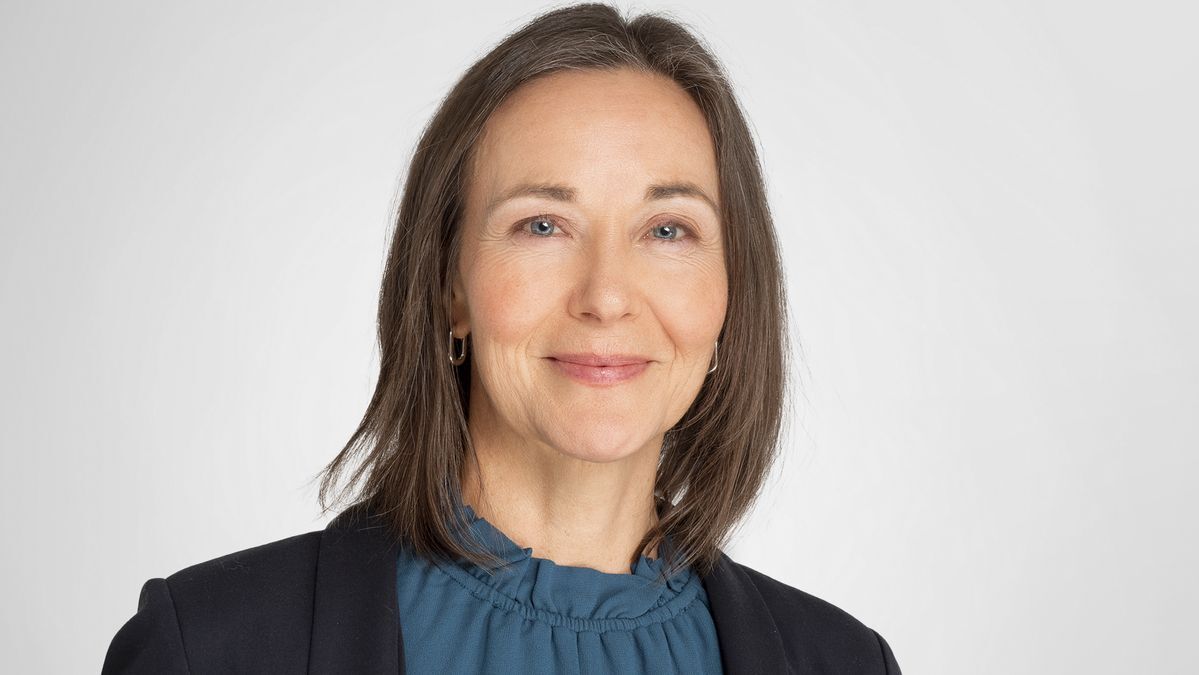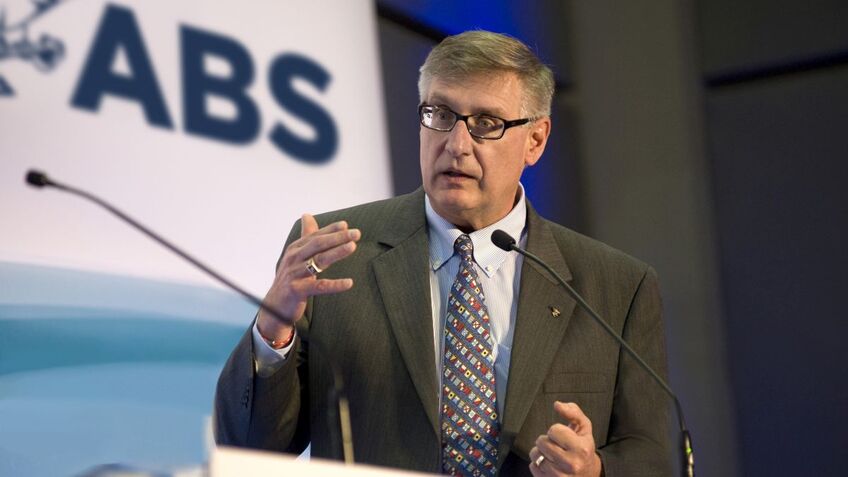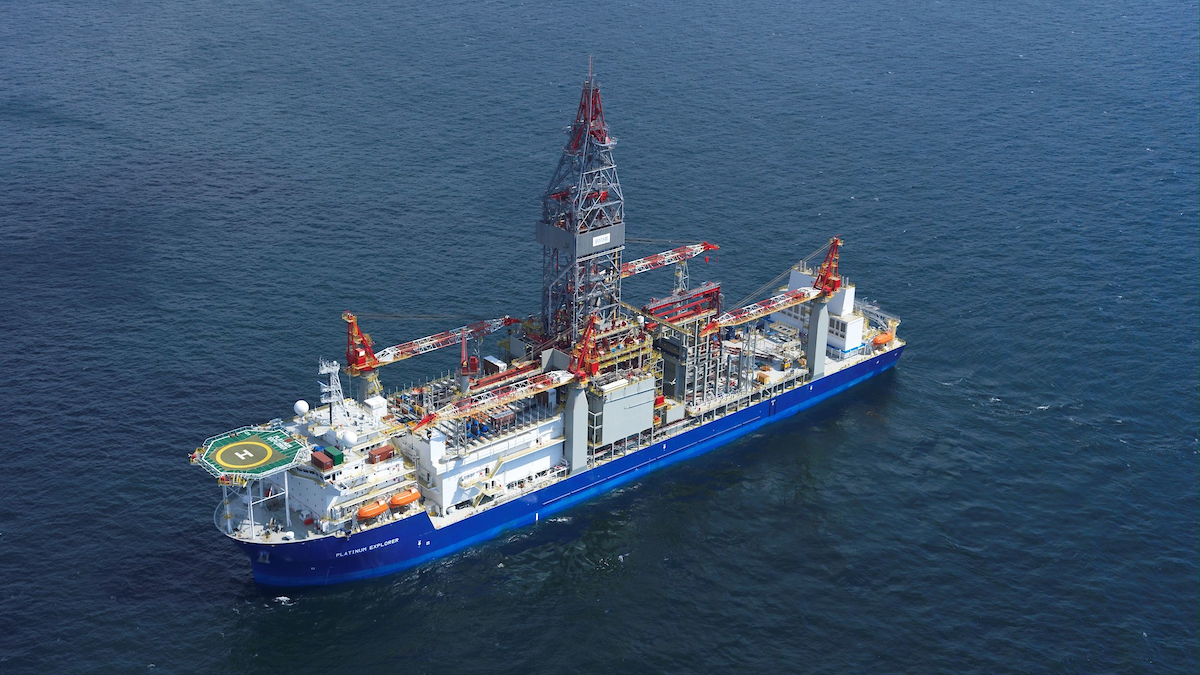Business Sectors
Events
Contents
Register to read more articles.
Rigs report: Noble optimistic on floater outlook, while oil gives back cyber attack gains
A ransomware attack on 7 May of a major US pipeline that supplies gasoline and jet fuel pushed oil prices higher during the week, but those gains receded after the operator said it would restore service “substantially” by the end of this week
New Jersey-based pipeline operator Colonial Pipeline said in a tweet that it continued to “make progress on our system restart plan.” Details of the restoration plan were unavailable as the company’s website was down, which it said was unrelated to the cyber attack.
The pipeline transports 2.5M barrels of gasoline, diesel and jet fuel per day from US Gulf Coast refineries to New York Harbor and the city’s major airports. The pipeline is responsible for transporting about 45% of the US east coast’s gasoline and jet fuel.
The FBI confirmed the ransomware attacks were carried out by a hacker group called DarkSide, according to a report in The New York Times. In the wake of the attacks, President Biden was expected to issue an executive order strengthening American cyber-defence infrastructure, said The Times.
West Texas Intermediate (Nymex) traded as high as US$64.92 per barrel on 10 May before retreating to US$64.12 on 11 May at 9:00 EDT for June 2021 contracts, according to Bloomberg. Brent crude followed a similar path, slipping from US$68.32 to US$67.52 for July contracts.
Positive gains seen in the offshore global drilling market came to a halt during week 19 2021, with the number of jack-up rigs falling from 337 to 333, precipitated by a fall in activity in southeast Asia and the North Sea, according to Westwood Global Energy’s RigLogix.
On the deepwater side, floater activity held steady, with 117 units actively drilling.
Perhaps the biggest news in the floater market during the week was the award of a US$2.3Bn contract to Keppel Offshore & Marine’s wholly owned subsidiary Keppel Shipyard to construct a floating production storage and offloading (FPSO) vessel for offshore Brazil. The contract calls for the turnkey delivery of P-78 for Petrobras, with construction taking place at multiple shipyards, including South Korea’s Hyundai Heavy Industries. Upon completion in late 2024, the FPSO will be deployed in Brazil’s Buzios field, one of the largest deepwater oil fields in the world.
There are 19 offshore rigs actively working in Brazil, three waiting on location, three warm stacked, one en route and five under construction as of 1 May, according to Westwood Global Energy. As OSJ recently reported, OSV owners have secured long-term charters for support work the Brazilian deepwater market.
Upbeat on floater market
Following its emergence from bankruptcy protection in February 2021, Noble Corp reported marketed fleet utilisation of 66% for Q1 2021 compared to 70% for Q4 2020. Additionally, Noble reported lower contract drilling services revenue for Q1 2021; US$159M, compared with US$195M for Q1 2020. Noble said this was due to a number of factors, including Noble Lloyd Noble moving to the shipyard in February to prepare for its upcoming work in Norway, lower operating days on Noble Sam Croft as it relocated from work in Suriname to join the commercial enabling agreement (CEA) with ExxonMobil in Guyana in April, and lower operating days on Noble Roger Lewis. Noble’s drill ship Noble Tom Madden is on contract under the CEA until January 2027.
Despite these lower performance numbers in Q1 2021, Noble president and chief executive Robert Eifler was upbeat following the completion of the company’s acquisition of Pacific Drilling. “We are optimistic about the market outlook and see a pipeline of interesting tender opportunities developing along with improving day rates, especially in the floater market.”
Switching to the jack-up market in southeast Asia, Valaris reported it had secured an extension for about 240 days with Mubadala Petroleum Thailand offshore Thailand for the jack-up Valaris JU-115. Valaris expects the extension to start in Q1 2022 employing Valaris JU-115 through September 2022. The BM Pacific-class 400 jack-up has been under contract with Mubadala Petroleum since February 2021.
Mubadala Petroleum is a subsidiary of Mubadala Investment Co, owned by the Abu Dhabi Government.
Mubadala Petroleum has been operating in Thailand since 2004, with operator interests in the oil-producing Jasmine offshore development in B5/27, the Manora offshore development in G1/48 and Nong Yao in G11/48. Mubadala Petroleum also has a non-operated interest in the G6/48 concession.
In 2019, Mubadala Petroleum signed a production sharing contract with PTTEP Energy Development Company Limited for offshore Block G1/61 containing the Erawan producing gas field in Thailand.
Riviera Maritime Media’s Offshore Energy Webinar Week is being held 14 June 2021 – use this link for more details and to register
Related to this Story
Women in Maritime Today: Elin Saltkjel says no day working in maritime is dull
Events
Maritime Environmental Protection Webinar Week
Cyber & Vessel Security Webinar Week
The illusion of safety: what we're getting wrong about crews, tech, and fatigue
Responsible Ship Recycling Forum 2025
© 2024 Riviera Maritime Media Ltd.

